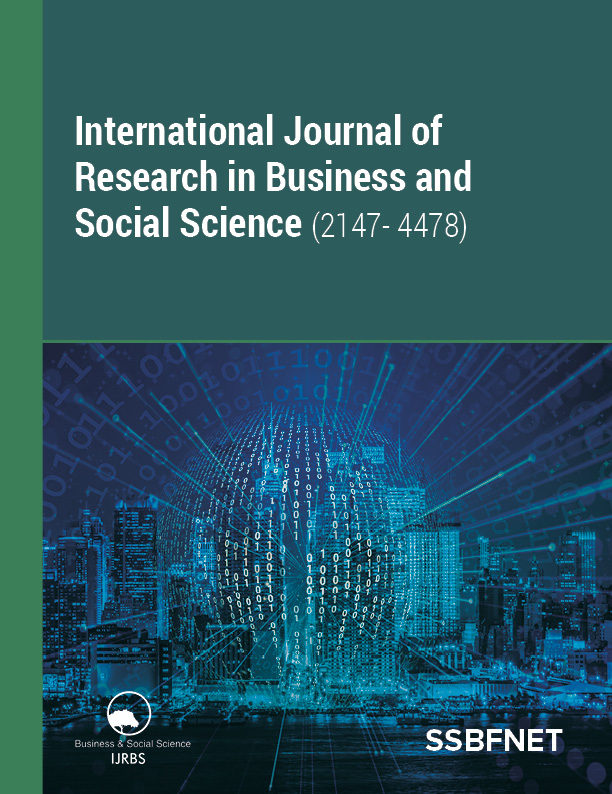
International Journal of Research in Business and Social Science
Yazarlar: Kiros Tsegay, Hongzhong Fan, AM Priyangani Adikari, Hailay Shifare
Konular:-
Anahtar Kelimeler:Gender,Livelihood Diversification,Logistic model.
Özet: Nowadays, the non-farm sector gives more attention and high expectations in reducing poverty in sub-Saharan African. Because participation of farm households in the none-farm sector out of their farm activities will play a great role to reduce poverty. Cross-sectional data were used to collect data in 2020 from farm household heads of 371 respondents with the mixed methodology to investigate the effect of demographic factors in none/off-farm economic activities on gender perspective in Ethiopia. In this study, we employ a Logistic regression model to explore the probabilities of household heads' participation in none/off-farm economic activities out of their farm. The result indicated, age and education level have a positive effect and statistically significant effect on increasing non-farm activities with the coefficients of 3.406, 1.956 respectively, confirmed that these variables should take into account in policy development to increase their impact on livelihood diversification. And Gender has a negatively significant on livelihood diversification. FHH is more participants in non-farm economic activities than MHH. Credit access does not contribute to increasing livelihood diversification instead; it contributes to agricultural specialization, not diversification. Surprisingly, family size has insignificant results in non-farm economic activities The outcome indicated it has its implications for the Ethiopian policy and strategy. The government should give more attention to the progressive aspects of non-farm economic activities to eradicate poverty. Whereas, decreasing its negative impact on poorer households by controlling obstacles of non-farm activities.